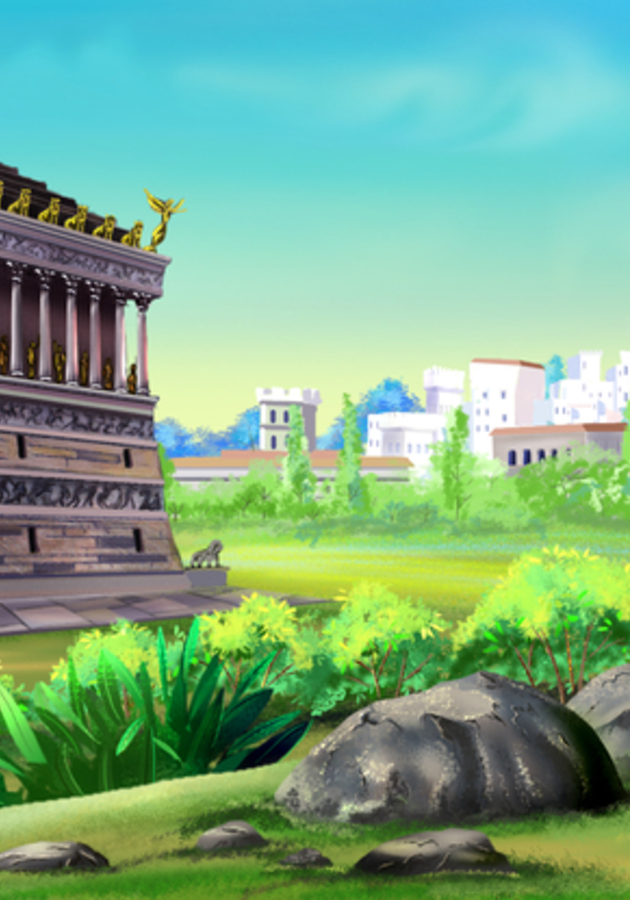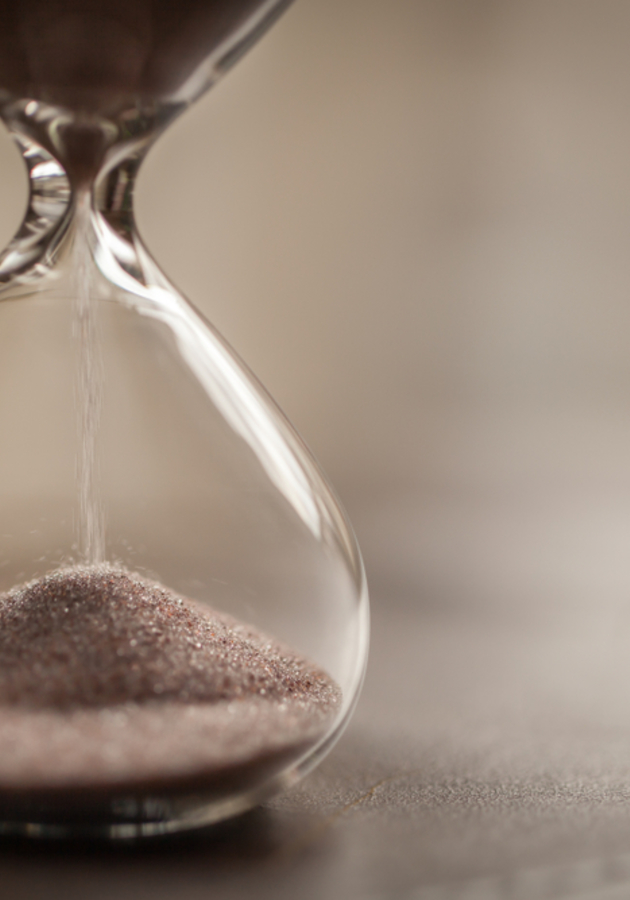If you don’t know Chris Hadfield, you should get to know him as soon as possible. He is a great and exceptionally charming John Cleese lookalike and sort of an unlikely superstar on YouTube, where he debunks space myths, covers David Bowie’s hits, and, well, brushes his teeth.
How’s that possible? Simple: Chris Hadfield is also a former Royal Canadian Air Force fighter pilot, an exceptional engineer, and the very first Canadian to ever walk in space!
Do you want to learn how to become an astronaut? Or how life in space can alter your perspective about living on Earth? Read our summary on Chris Hadfield’s “An Astronaut’s Guide to Life on Earth” as it gives answers to both of these questions.
More importantly, Hadfield’s brilliant memoir can help you live a better and more fulfilled life, which has nothing to do with astronomy and spacecrafts. After all, just look at the subtitle.
The Reality of Being an Astronaut
How many children have dreamed of becoming an astronaut?
Floating through space, zero gravity, all planets, and beautiful stars all around you, Earth is just a pale blue dot in the distance - the best possible profession a guy can have!
If your 10-year-old version could have read “An Astronaut’s Guide to Life on Earth,” the autobiography of Col. Chris Hadfield, known as the first Canadian to walk in space, your younger self would probably have at least a few second thoughts.
Who would have guessed that being an astronaut isn’t what the enciclopedias teach? It rarely has anything to do with being a spacewalker or being a member of a spacecraft. In reality, an astronaut is nothing more but a person trained to do those things.
Hadfield has an even better definition: “An astronaut is someone who’s able to make good decisions quickly, with incomplete information, when the consequences really matter.”
Wait a moment! There’s nothing in this definition about planets and stars, space and spacecrafts. Nothing at all! at all! And these things are there in the very word, be that word “astronaut” or “cosmonaut”! They mean “star-“ or “space-sailor”! Where’s the sailing in Hadfield’s definition of an astronaut?
There is some sailing, but most of it is stationary, and it happens right here on Earth. As Hadfield points out, in general, you need several months of training to prepare for one single day in space!The first mission only is going to happen after several years. And it will include additionaltwo to four years of training for that specific mission.
The harrowing part of this all is that no matter how good you are and how much you want to go into space, the chances are slim from the very start!
After all, it only fits three people in a Soyuz spacecraft, which means that not only each of them should be exceptionally well-prepared, but also that the three chosen ones should be experts in mutually compatible categories.
In the 60 or so years ever since Yuri Gagarin, only 561 people from no more than 40 countries have gone into space so far. Hadfield was one of these lucky few, since being accepted into the Canadian astronaut program by the Canadian Space Agency in 1992, he had the honor of flying two space shuttle missions, walking in space, and serving as commander of the International Space Station.
Hadfield’s three main lessons
The main lessons Hadfield learned in space – and the three main things he believes are applicable on Earth as well – are the following.
Preparation is everything: The power of negative thinking
As far as Hadfield is concerned, there’s no such thing as overpreparation. That’s the background of his definition of “astronaut.” An astronaut, simply put, is one who has prepared for everything in advance and who is capable of acting fast even when something unpredictable happens. It’s not like there’s a rescue crew nearby! Which is why astronauts have a precautionary saying, “There is no problem so bad that you can’t make it worse.”
Any problem in space has a high chance of certain death. Nobody would take such a risk. Can astronauts improve chances of survival? Of course! By taking a trick from the old Stoic book and visualizing everything beforehand but in a negative light.
If you want to live a calmer life, Hadfield advises that you start using the same strategy in life as well. After all, when you’re prepared for something in advance, you can be a lot calmer.
“It sounds strange, probably, but having a pessimistic view of my prospects helped me love my job. I’d argue it even had a positive effect on my career”, writes Hadfield.
Therefore, contrary to what most self-help books tell you, don’t visualize the positive outcome of an event. Instead, anticipate problems and figure out how to solve them in your mind. Once you think about it, only the latter of the two is productive.
As Hadfield says, “you don’t have to walk around perpetually braced for disaster, convinced the sky is about to fall.” However, it is never a bad idea to devise some plan for dealing with unpleasant possibilities.
This, for Hadfield, has already become “a reflexive form of mental discipline.” Whether he is in a crowded elevator or buckling his seat belt on a plane, he cannot help himself see in his mind’s eye the worst possible outcomes and start thinking about his role during these events, while working out a plan B.
The result? He is upbeat and calm.
He says: “Like most astronauts, I’m pretty sure that I can deal with what life throws at me because I’ve thought about what to do if things go wrong, as well as right. That’s the power of negative thinking.”
The importance of making mistakes and accepting constructive criticism
“A man of genius makes no mistakes,” wrote James Joyce once, “his errors are volitional and are the portals of discovery.”
Joyce was right about the second part: making a mistake is the best way to learn new things in life. Just think about the way people learn to play an instrument. They make many mistakes, and they try until they stop making them.
If you go on playing your guitar the same away even after making an obvious mistake, your brain will think it is what you expect from yourself, so it will appropriate the mistake and engrave it into your body as a habit.
In other words, making a mistake is a normal part of the learning process, seeing the error is perhaps the most crucial element of it. Since we are partial observers and can't see our own mistakes, constructive criticism is one of the best things that can happen.
They know this very well at NASA. And so Hadfield says that everyone over there is – and should be – a critic. Since even the smallest mistake can be crucial when in space, you should pray them to criticize so that you can learn what not to do the next simulation.
Hadfield’s motto is along the lines of “the more they criticize you, the safer you are.” His suggestion to everybody here on earth is not that different.
If we translate into colloquial terms, it sounds something like this: instead of saying “haters gonna hate” or “oh, shut up,” say “thank you very much” the next time someone points out a mistake of yours. Because he’s doing you a big favor.
No matter how demanding your job is, always make some time for your family
Being an astronaut means spending a lot of time away from your family. It’s not only that missions can last for several months, but it’s also that training for these missions usually lasts several times more.
The result? Astronauts usually spend the bulk of any given year away from their families. As far as Chris Hadfield is concerned, this meant, in precise numbers, spending no more than 15 weeks a year with his loved ones, every year from 2007 onward. In the half-decade between 2007 and 2012, Hadfield no more than a year and a half with his wife and three children!
Fortunately, “some smart person at NASA” realized long ago how difficult this must be for the families of the astronauts, coming up with the idea of family escorts.Before going on your training for a mission, you’re instructed to choose two astronauts who are free at the time. One of them is supposed to look after your immediate family, and the other should be in charge of your extended family and friends.
“Essentially, the family escort is a surrogate spouse: someone who’s available to help out on Earth not only during launch but later, when life has returned to normal, but the mission is ongoing,” writes Hadfield.
He has been a family escort in quite a few cases, and he has chosen quite a few other astronauts to be his wife’s “surrogate spouses” as well. However, a surrogate spouse is still a surrogate, and, no matter how hard they try to “smile and nod when Aunt Ruby gets going on one of her political rants,” the surrogate is not the real deal.
So, even when you’re in space, if you care about your loved ones, you have to plan to be around them when it matters. Once, Hadfield didn’t consider timing and realized too late that he wouldn’t be around for his son’s 16th birthday.
To make up for it, he started announcing in his interviews before the day that he would be lighting the shuttle’s rocket engines (the world’s biggest candles) for his son’s birthday. On the day, he also made a handwritten sign that said, “Happy Birthday, Evan!”
That made Evan “happier,” but you have to realize: it probably made you, the reader, happier than Evan. Because, when it’s all said and done, he would have preferred his dad around him. Therefore, unless you’re in quarantine or space, don’t make up excuses for not spending time with your family. As demanding as your job may be, it is still merely a job, better to quit it than risk the sadness of your loved ones.
Final Notes
We like Chris Hadfield, so it should come as no surprise that we loved this book from start to finish. So did almost every reviewer, describing “An Astronaut’s Guide to Life on Earth” as “a satisfying behind-the-scenes look at the life of an astronaut” (Kirkus Reviews) and as “a very human glance into a rarified world” (WSJ).
A memoir of an exceptional man told in simple language, “An Astronaut’s Guide to Life on Earth” is even more than that: a practical manual on how a person should live their life from someone who has seen that Earth is nothing more than a speck of dust in cosmic terms.
12min Tip
Visualize every problem that could arise in any given situation beforehand. That way, you’ll be able to prepare for it in advance. Turn this into a habit, and you’ll live a much calmer life, ready to deal with most of those curveballs life eventually throws at you. A curveball, after all, isn’t that scary when you know it is a curveball, is it?





























